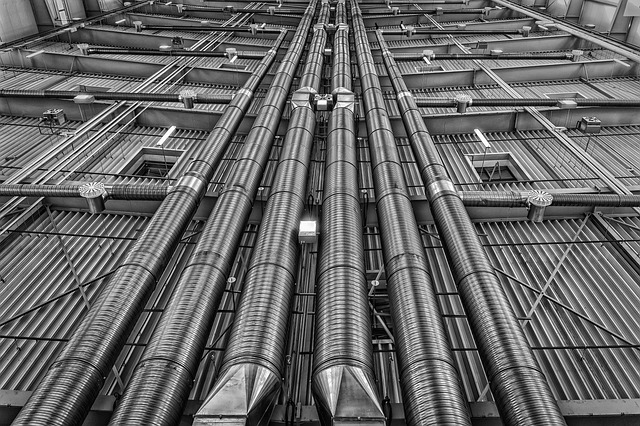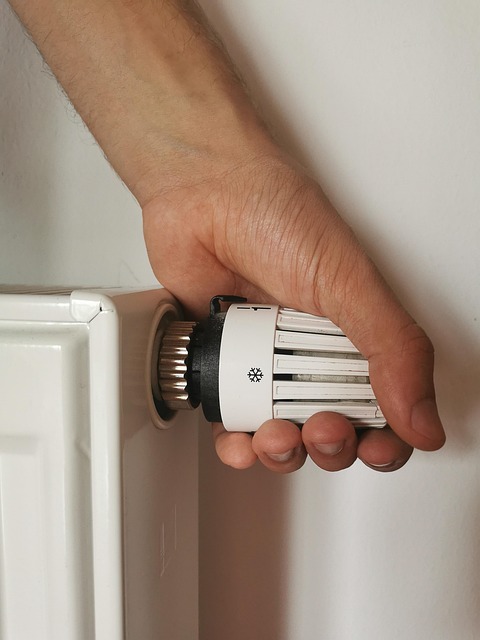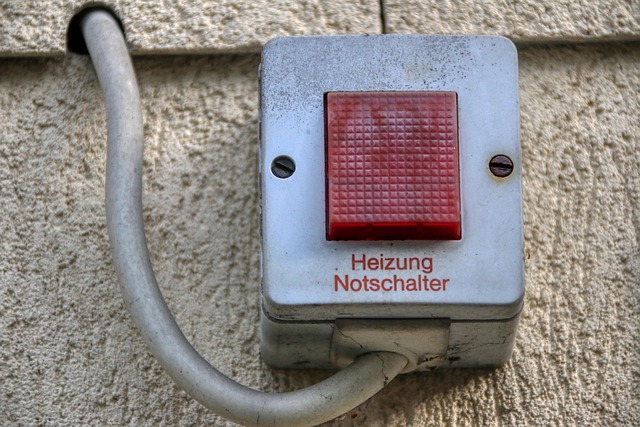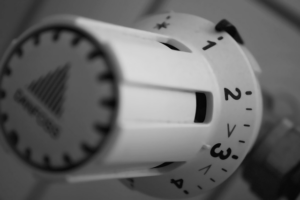Commercial electric boilers face corrosion challenges due to high-pressure conditions and chemical environments, driven by galvanic corrosion from metal interactions and acidic fluids. To combat this, advanced solutions like stainless steel construction, specialized coatings, modular designs, and energy-efficient models (electric steam and hot water boilers) prioritize longevity and reduced maintenance. Regular cleaning, inspection, and prompt damage repair are vital for maximizing lifespan and performance, with professional maintenance enhancing energy efficiency and preventing breakdowns. Modular boiler systems offer a smart choice for high-capacity electric boilers and efficient hot water production.
Commercial electric boilers are essential for many industries, offering efficient heating solutions. However, corrosion can significantly impact their longevity and performance. This article delves into the critical issue of corrosion resistance in commercial electric boilers, exploring key features and maintenance practices that ensure a long service life. Understanding how to protect these vital systems is crucial for businesses relying on reliable heating, with regular care maximizing efficiency and minimizing downtime.
- Understanding Corrosion in Commercial Electric Boilers
- Key Features of Long-Lasting Commercial Electric Boilers
- Maintenance Tips to Maximize Service Life of Your Electric Boiler
Understanding Corrosion in Commercial Electric Boilers

Corrosion is a significant concern in commercial electric boilers, as it can lead to costly repairs and premature replacement. These boilers operate under high-pressure conditions and are exposed to diverse chemical environments, making them susceptible to various types of corrosion. Understanding the mechanisms behind corrosion is crucial for ensuring the longevity of these essential industrial components.
Commercial electric boilers often face challenges from galvanic corrosion, where different metals in the boiler’s construction create a voltage difference, leading to accelerated erosion. Additionally, the presence of acidic or corrosive fluids within the system can further exacerbate the issue. To combat these issues, advanced commercial boiler technology employs materials that offer superior resistance, such as stainless steel and specialized coatings, alongside modular design approaches and energy-efficient models like electric steam boilers and electric hot water boilers. These innovations cater to institutional heating needs while minimizing maintenance requirements in various applications, including commercial HVAC systems.
Key Features of Long-Lasting Commercial Electric Boilers

Commercial electric boilers, renowned for their resilience and longevity, offer a range of key features that ensure a long service life in demanding industrial settings. Advanced commercial boiler technology incorporates corrosion-resistant materials such as stainless steel, preventing wear and tear and prolonging the lifespan of these essential heating systems. This is especially crucial for high capacity electric boilers and energy efficient boilers, which often face gruelling tasks in institutions, commercial spaces, and industries.
The integration of modern design elements like modular construction allows for easy maintenance and upgrades, enhancing the overall efficiency and performance of electric heating systems. Furthermore, these commercial HVAC systems are designed to accommodate diverse heating needs, from providing electric hot water boilers to generating steam, making them versatile solutions for various applications. Such adaptability ensures that these boilers remain relevant and efficient over extended periods, justifying their reputation as reliable workhorses in the industrial electric heating domain.
Maintenance Tips to Maximize Service Life of Your Electric Boiler

Maintaining your commercial electric boilers properly is key to extending their service life and ensuring optimal performance. Regular cleaning and inspection are non-negotiable; remove any debris or buildup inside the unit, as this can obstruct heating elements and reduce efficiency. Check for any signs of damage or wear, especially in seals and gaskets, and address these issues promptly. Many electric boilers also benefit from regular flushing to remove mineral deposits that can accumulate over time, affecting both heat transfer and water quality.
In addition, staying on top of electrical system maintenance is crucial. Ensure connections are secure and check for any signs of arcing or insulation damage. Keep an eye on control panels and sensors as well, as they play a vital role in the operation and safety of your electric heating systems. For commercial HVAC systems and institutional heating applications, regular maintenance by qualified professionals can further enhance energy efficiency and prevent costly breakdowns, making modular boiler systems a smart choice for high capacity electric boilers and energy-efficient hot water production.
Commercial electric boilers, known for their durability and efficiency, can significantly enhance any industrial or commercial operation’s longevity. By understanding corrosion as a primary enemy and implementing regular maintenance practices, these boilers can offer years of reliable service. Investing in corrosion-resistant models with key features like high-quality materials, advanced heating elements, and efficient insulation is paramount. With proper care, including periodic cleaning, water quality monitoring, and timely repairs, commercial electric boilers can be trusted to deliver consistent performance, ensuring a robust and sustainable hot water or steam supply for businesses across various sectors.






